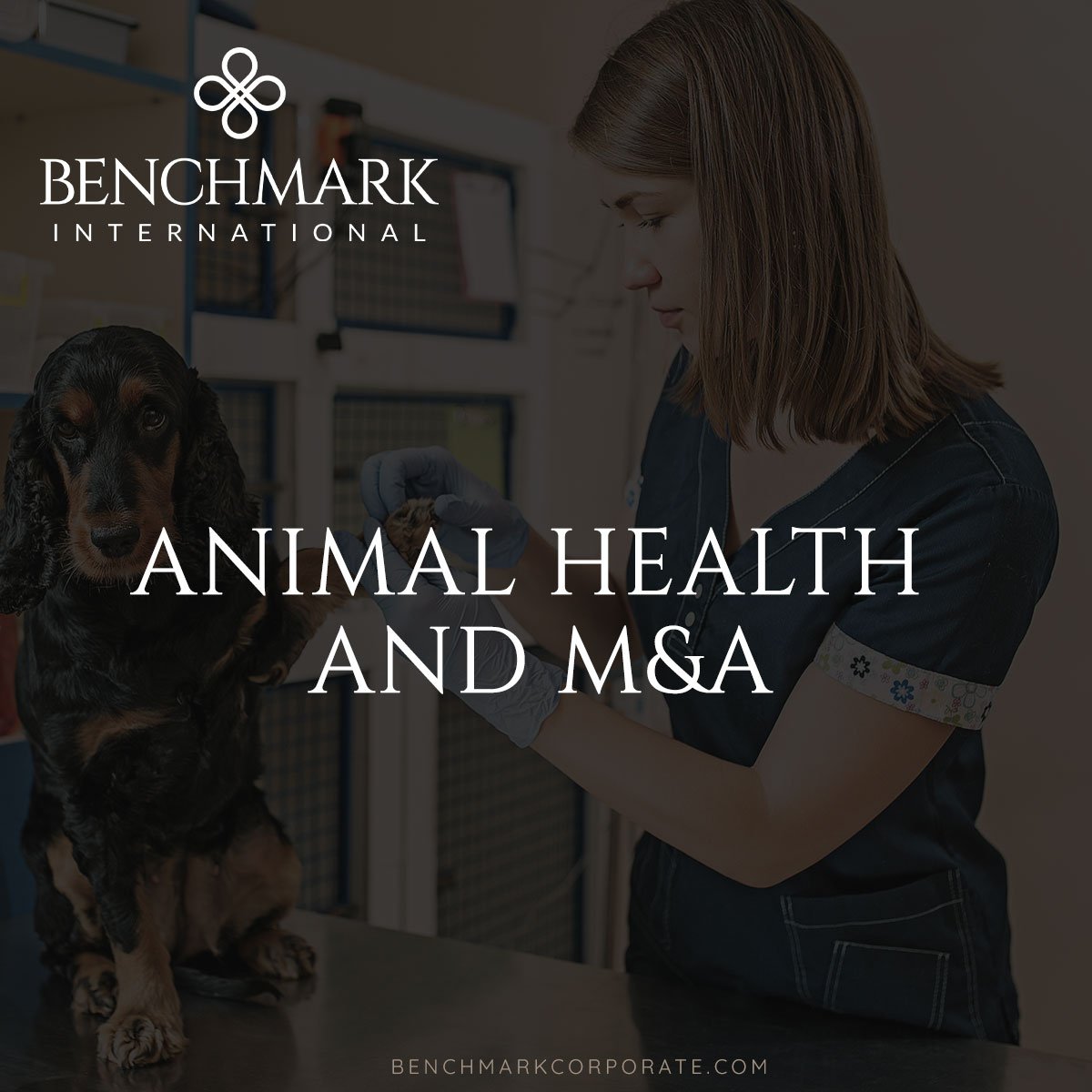
The animal pharmaceutical market isn’t as heavily regulated as human pharmaceuticals, and as a result, is a more attractive industry. Traditionally the market was dominated by divisions of large pharma companies. However, this has changed over the last few years. The sector has seen significant changes following Pfizer’s 2013 spin-off of its animal health business, now known as Zoetis. This helped inspire the spin-off of Eli Lilley’s animal health business and then later in the year, Bayer announced it would leave the industry.
Because of these changes, we have seen substantial consolidation in the animal health space, with the number of transactions in the industry more than doubling since Pfizer’s spin-off in 2013 to 2018 – and due to the number of deals already completed this year, we expect another increase in deal volume.
Furthermore, the global animal health market was valued at $45B last year, and industry experts expect to see a compound annual growth rate of 5% leading to 2026. The market is being driven by a rise in food-borne diseases, and as result companies are making more of an effort to control these diseases. Furthermore, this prevalence has led to businesses producing more advanced vaccines and pharmaceuticals.
Additionally, the market is being driven by a significant increase in pet ownership - with pet owners over the last few years spending more than ever. The number of companion animals increases with income levels and the percentage of smaller families. This is a result of pet owners, particularly millennials humanising their pets, and becoming more willing to invest heavily in their pet's health and well-being.
Key Industry Trends
· Better Surveillance of Disease: Through portable devices and technologies, such as smartphone/tablet apps and ‘smart ear tags.’
· Emphasis on Animal Welfare: Owners are putting more emphasis on both pets and livestock to maintain health and quality of life.
· Public and Private Collaboration: Recent prevention of the bluetongue and Schmallenberg diseases in animals are prime examples of collaboration between the two sectors.
· More Treatments Available: The range of treatments has increased over recent years, with a range of treatments for even minor species, such as fish.
We Are Ready When You Are.
Call Benchmark International today and speak with one of our analyst about your company's exit or growth strategies.
Americas: Sam Smoot at +1 (813) 898 2350 / Smoot@BenchmarkCorporate.com
Europe: Michael Lawrie at +44 (0) 161 359 4400 / Enquiries@BenchmarkIntl.com
Africa: Anthony McCardle at +27 21 300 2055 / McCardle@BenchmarkCorporate.com
ABOUT BENCHMARK INTERNATIONAL:
Benchmark International’s global offices provide business owners in the middle market and lower middle market with creative, value-maximizing solutions for growing and exiting their businesses. To date, Benchmark International has handled engagements in excess of $6B across various industries worldwide. With decades of global M&A experience, Benchmark International’s deal teams, working from 12 offices across the world, have assisted hundreds of owners with achieving their personal objectives and ensuring the continued growth of their businesses.
Website: http://www.benchmarkcorporate.com
Blog: http://blog.benchmarkcorporate.com/
 Benchmark International
Benchmark International  Benchmark International
Benchmark International 





